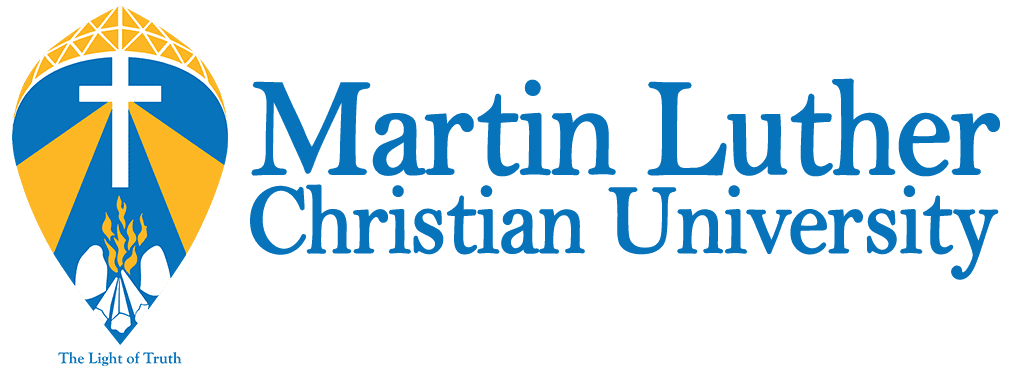Academic Programmes - At a Glance
- Home
- »
- Academic Programmes – At a Glance
Department of Allied Health Sciences
Department of Information Technology
School of Languages and Cultural Communication
Department of Environment and Traditional Ecosystems
Department of Music
Department of Tourism and Travel Management
Department of Education
Department of Psychology and Wellbeing
School of Social Work
Department of Sociology
School of Economics, Commerce and Management
Community Centre for Arts, Crafts and Culture
Department of Doctoral Studies and Research
Lateral entry admission
Lateral entry admission is given as per the policy of the University. For the various programmes, the details are provided below:
Pre-Degree Diploma Program
Pre-Degree Diploma Program (PDDP) for students opting for MLCU Diploma*
*For those not opting for NIOS
Registration with National Commission for Allied and Healthcare Professions Act, 2021
To achieve eligibility for registration with the Central or State Councils under the National Commission for Allied and Healthcare
Professions Act, 2021
Aim and scope
The broad aim of this policy note is to create a pathway for healthcare and allied health professionals to achieve registration,
preferably at the higher level of registration defined as a “healthcare professional”. While it may be open for those already
registered at the lower level to be subsequently registered at the higher level, it may be considered preferable for applicants to
demonstrate eligibility for the higher level at the first application.
This pathway is primarily addressed to those professionals who have a previous qualification, usually an undergraduate degree,
from a discipline outside the purview of the Act. If they cross over to training for a registerable postgraduate degree, the two-year
masters will not provide the requisite number of hours for registration with the Central or State Council at the higher level.
Usually, a two-year master’s provides 2000 hours of training. An additional year may achieve the remaining hours necessary for
the minimum requirement of 3600 hours for the higher-level registration.
Hence this pathway provides for a 3-year master’s degree.
One Year Masters in a Related Field
Bridge Programmes
Students who are admitted to the following programmes will have to take the bridge programmes as indicated:
Fees for the Bridge programmes = Rs.2000 per credit
Hybrid and Blended Learning
Teaching-learning has changed immensely because of new concepts in self-learning, facilitation of learning by a teacher mentor,
application-based evaluation, and the use of technology in teaching and learning. The UGC and NEP 2020 has provided for multiple
methods and platforms for learning.
Operational definitions
1. Hybrid: combination of online and offline
2. Blended: combination of taught and self-learning
3. Synchronous online is scheduled real-time learning with a facilitator
4. Asynchronous is online self-learning and self-time on assignments, assessment etc.
Under the new guidelines:
1. Up to 40% of programme work will be online: 8 credits per semester
